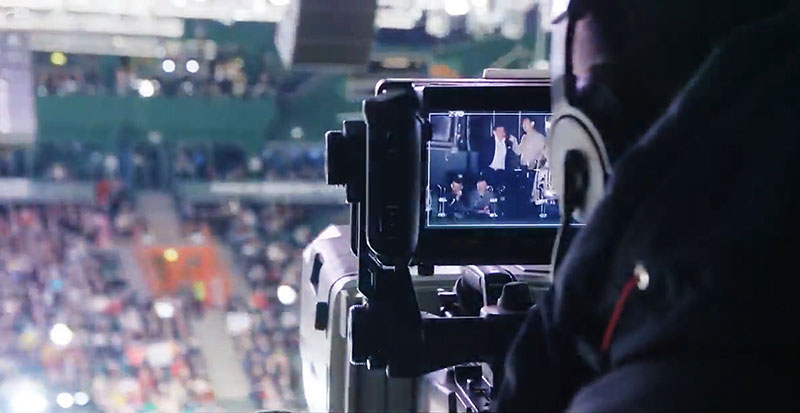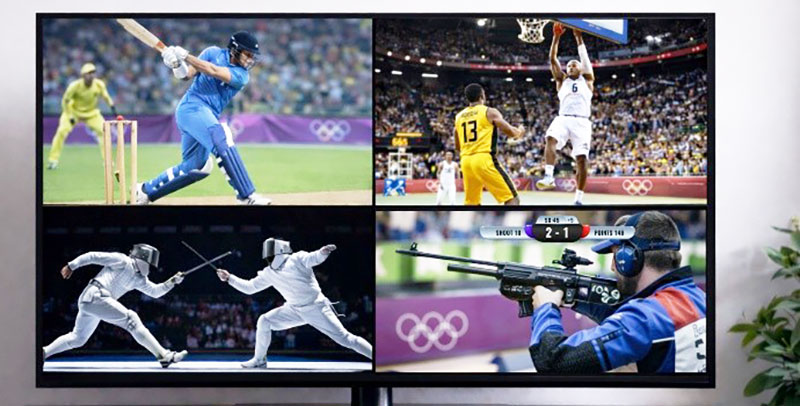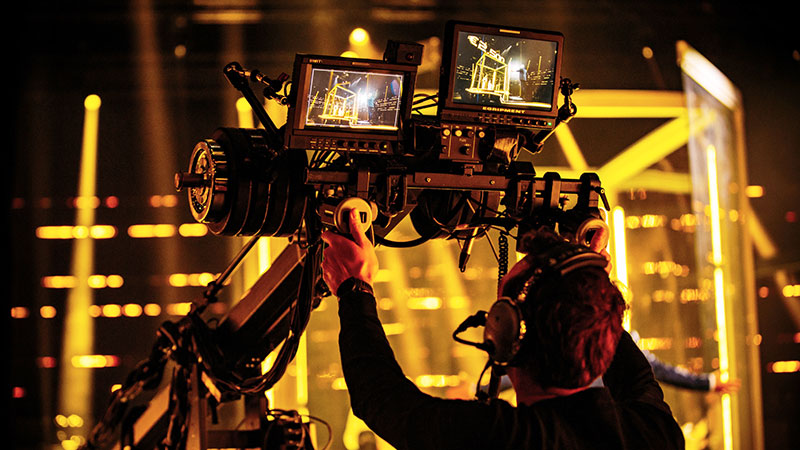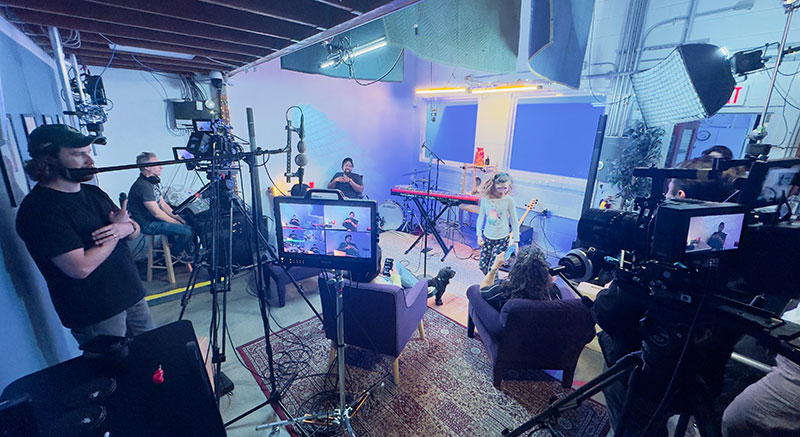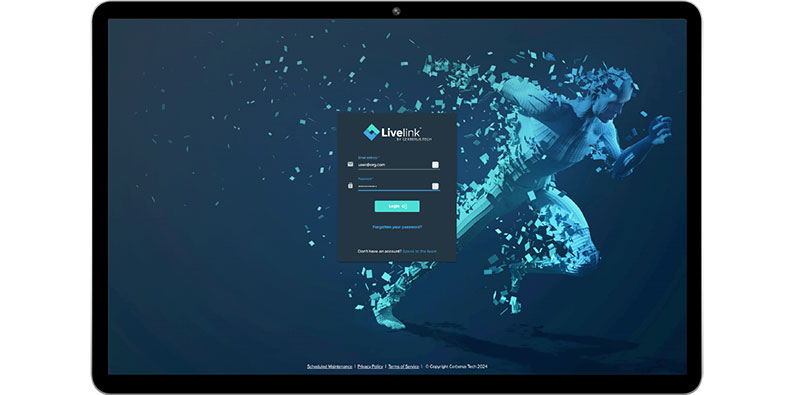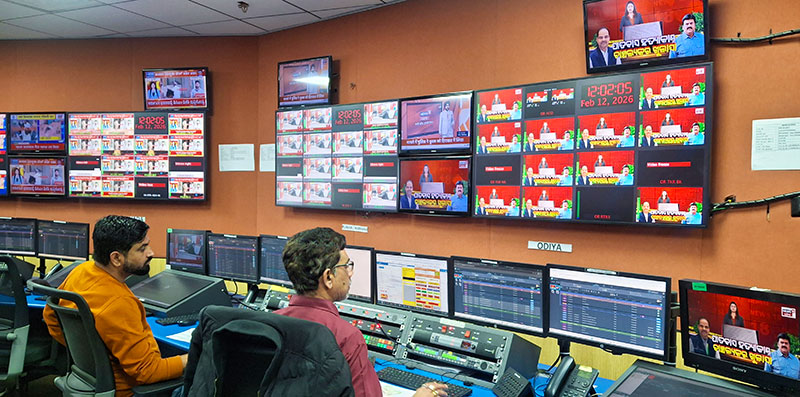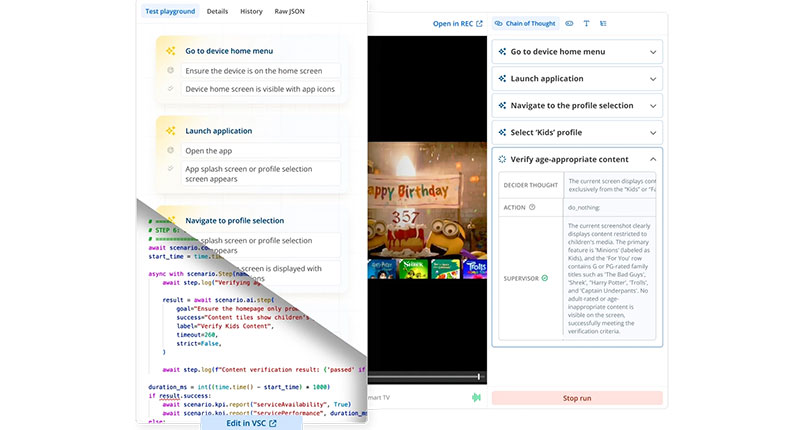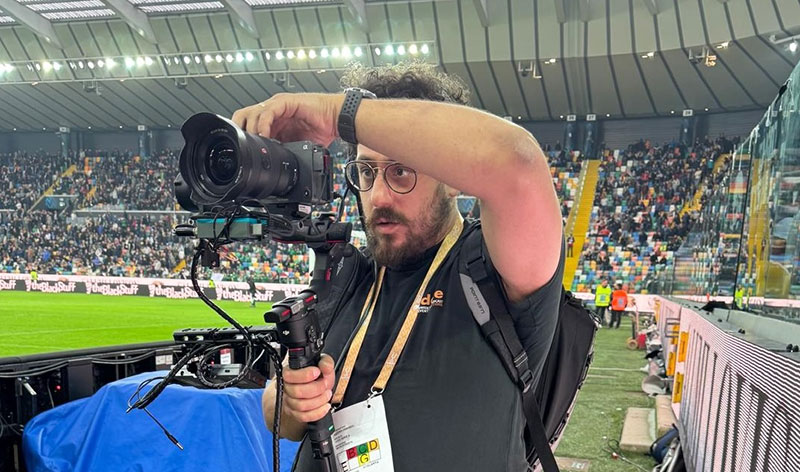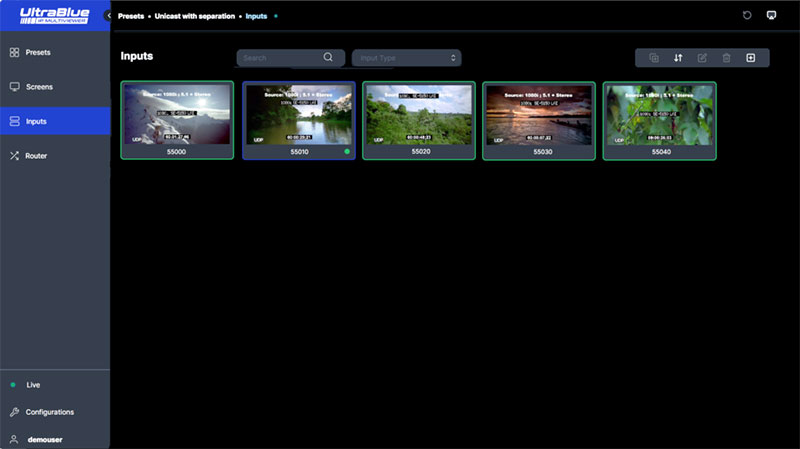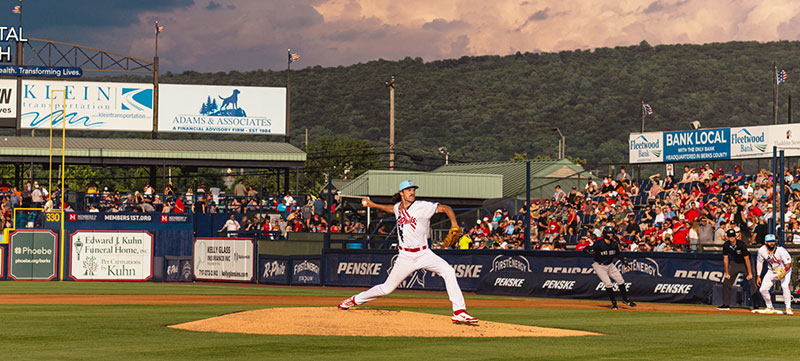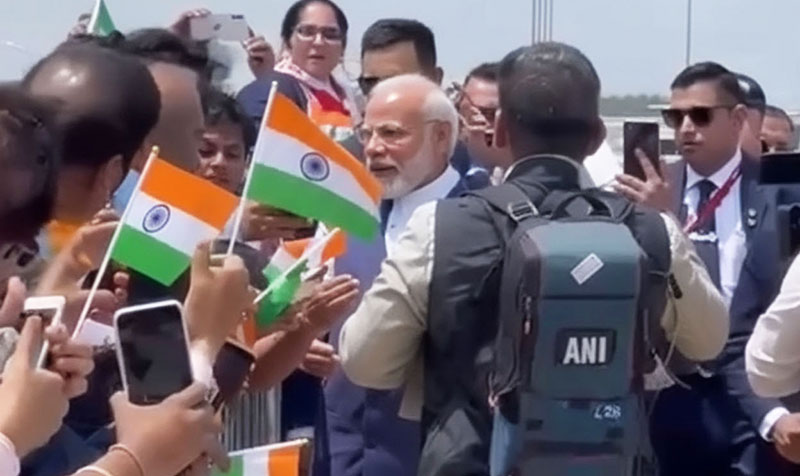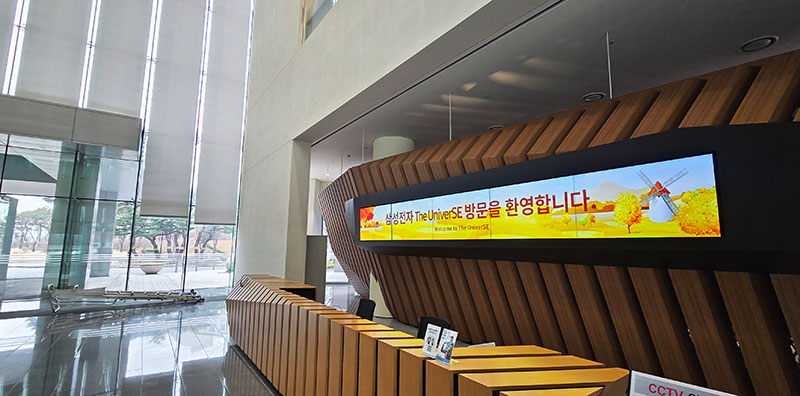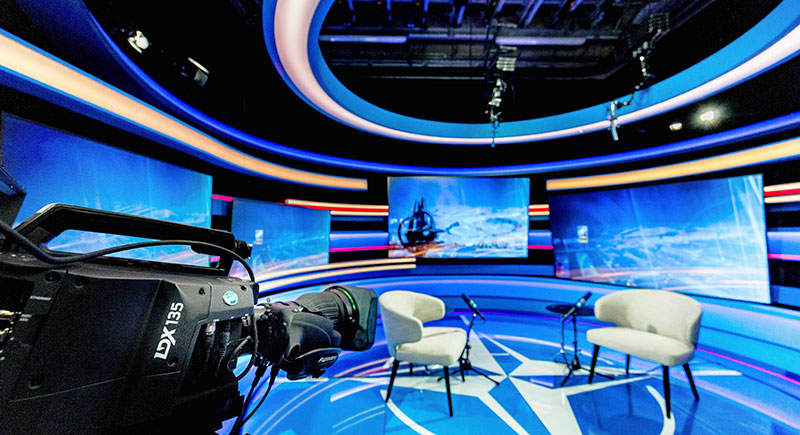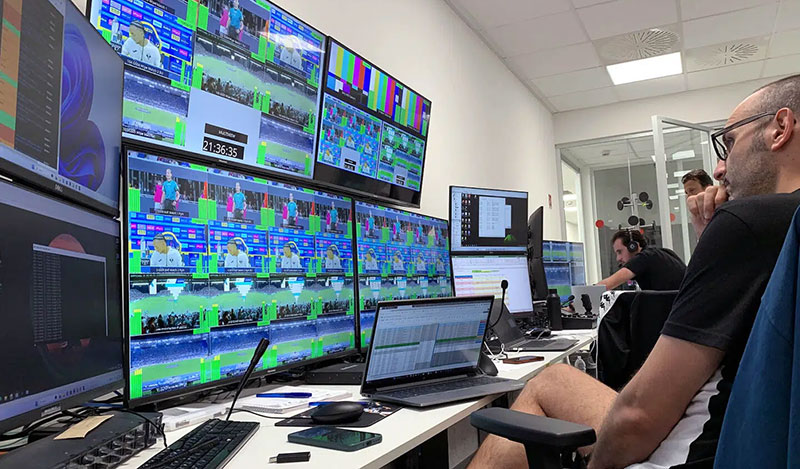VITEC’s Andy Wagner talks about colleges and universities making the most of the in-venue experience with IPTV systems, to define and manage today’s critical fan engagement.
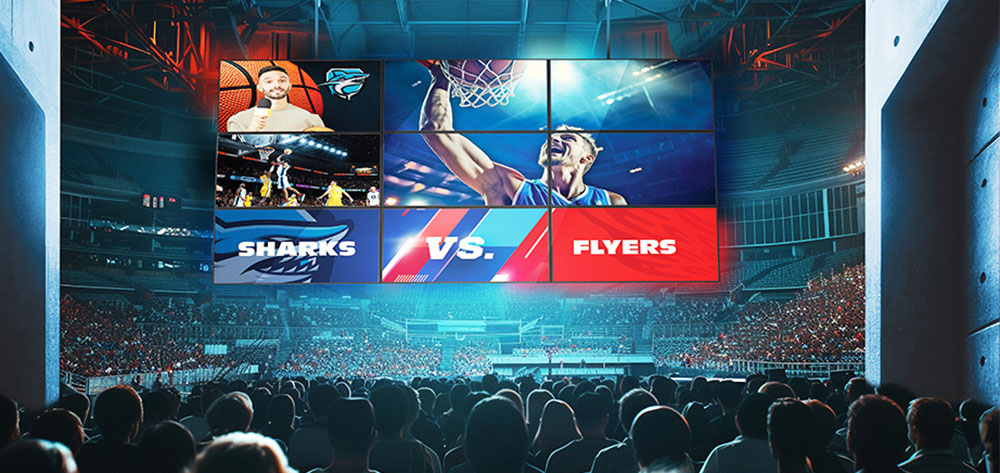
According to Nielsen data, the NCAA Division I men's basketball tournament, called ‘March Madness’, has consistently been among the most-watched sporting events in the United States, drawing millions of viewers across broadcast and streaming platforms. A major element of the tournament's attraction is the chance to watch as tens of thousands of avid fans attend the matchups between high-profile teams.
As a result, making the most of the venue experience has become critical for tournament and venue decision-makers. Internet protocol television (IPTV) is now playing a greater role in supporting fan engagement across a growing number of major sports venues – and not only those hosting March Madness events.
Andy Wagner, who manages sales for the NFL and collegiate sports entertainment markets at VITEC, has a number of insights on the evolution of IPTV in collegiate sports. Andy works with VITEC’s line-up of HEVC and H.264 equipment available for broadcasting and live streaming that includes IPTV systems for desktops and mobile devices. These systems can be tailored to a customer's requirements, capturing live and recorded events for distribution in many different formats to any device.
Defining the Fan Experience
“IPTV is helping to define as well as manage the kind of experience colleges and university leaders want to deliver, which can be a challenge due to their diverse fan base,” Andy said. “As well as the students themselves, the alumni, parents and fans from visiting teams are all part of the fan community.
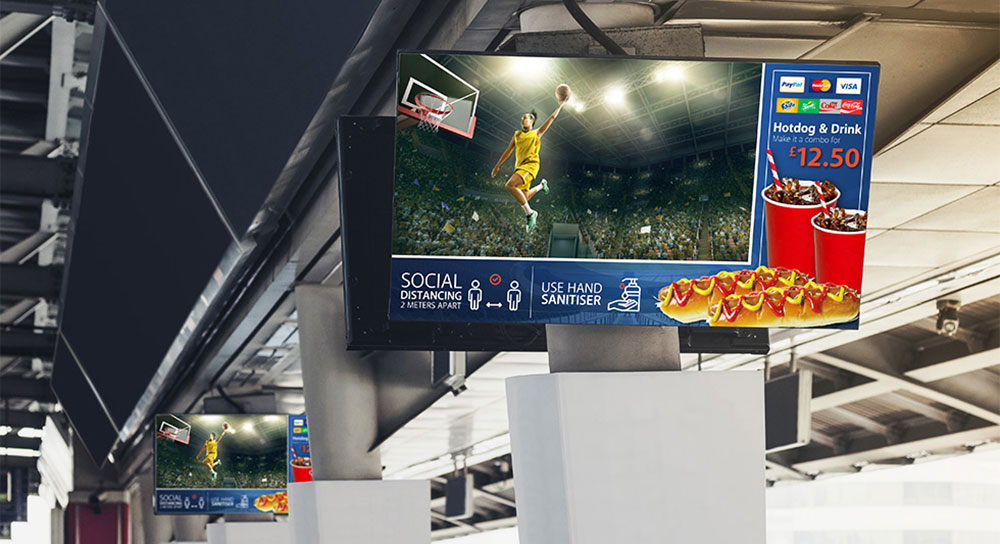
“Unlike the experiences of those who tune in to watch on TV, for fans attending in person, these events involve much more than the games themselves. Because most venues host multiple sports and entertainment events during the tournament period, their audiovisual infrastructure must meet varied demands throughout the day. Effectively addressing different requirements with agility, while managing audiovisual assets like TV screens and digital signage, can be highly challenging for legacy systems.”
In contrast, IPTV is much more flexible and efficient in managing facilities day to day, mainly because IPTV systems can be integrated into institutions' IT networks and infrastructures. As a result, they can be managed and monitored remotely, allowing venue operators to quickly troubleshoot issues, update content and ensure smooth operation without needing technician support at the screen level. “Before IPTV, someone would have to physically move from screen to screen with a remote control to change channels or activate a digital signage program,” said Andy.
College Sports Venue Management
Taking March Madness as an example, he noted that managers were using IPTV to transform screens into advertising channels that cater to the specific audience attending different parts of the venue, and support the different types of events – from pep rallies to concerts – that typically take place during the day of big games.
He said, “IPTV helped to configure set-ups specifically designed for men's basketball games and then, with the push of a button, gave the flexibility to switch the venue's configuration to support an entirely different set of requirements for the next night's event. In this case, that could have been a women's basketball or volleyball match. This flexibility enhances the fan experience in a manner that is both operationally and financially effective.”
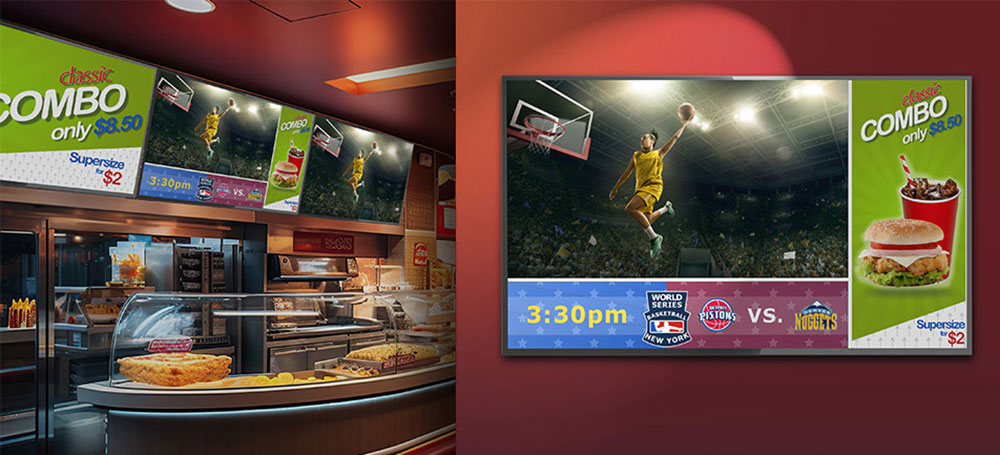
Systems can scale to support a varying number of channels with HEVC and 4K support, as well as multiple end-user devices, without compromising system performance, flexibility or network availability. It is also possible to add new TV distribution sources and endpoints wherever network connections exists, while avoiding service interruption or image degradation.
Event producers have options to deliver high-quality live TV, news and recorded programming throughout a venue to any screen or mobile device, in combinations that keep visitors engaged. Digital signage can also be combined with IP video to display visitor information, sponsors’ advertisements and announcements.
Focus on Fan Engagement
Andy said, “The financial aspect is gaining importance. One of the main goals in sports today is to build up the fan experience and generate value so that fans choose to come to the venue rather than watch from home. By adopting IPTV within the college or university environment, event producers can deliver value in new ways through the ability to adapt existing audiovisual resources to the specific needs of different events and audiences.
“Operators need to establish a clear vision of how their institutions will apply an IPTV system, which includes considering what role IPTV will play in enhancing campus life. While it is tempting to replicate what other schools are doing, it is not often possible or desirable to drop in an identical system.” www.vitec.com




